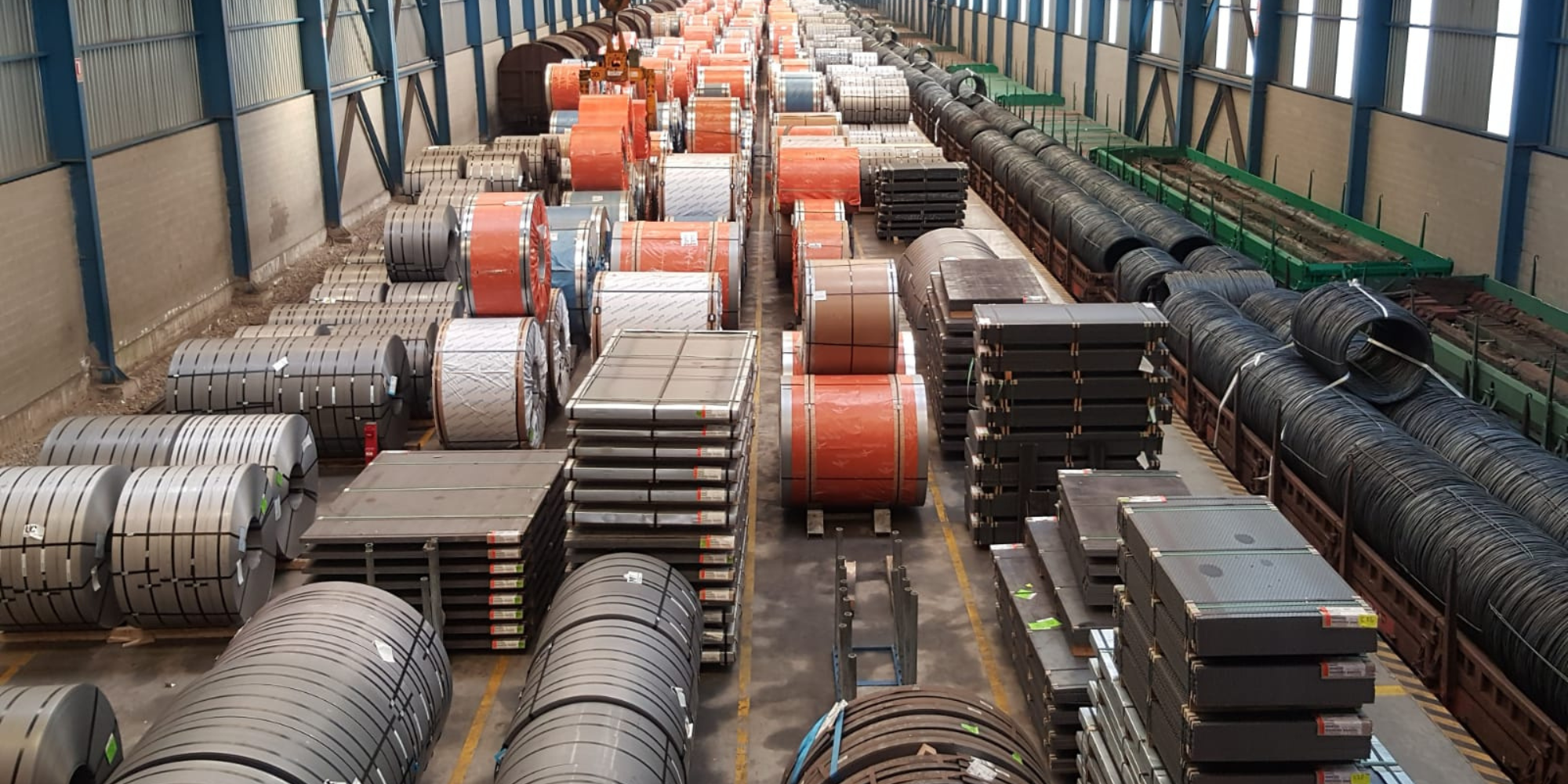Rail transport in the steel industry plays a crucial role in industrial logistics. This sector, which includes the manufacture of steel and other metals, requires efficient and safe transport to move large volumes of raw materials and finished products over long distances. In this article, we will explore how rail transport is the ideal solution to transport heavy goods, its advantages and impact on sustainability.
Why is Rail Transport crucial for the steel industry?
The steel industry is one of the sectorsthat is most dependent on the transport of large volumes of materials. From the extraction of minerals, such as iron ore and coal, to the distribution of steel to factories and construction sites, logistics is key to keeping the supply chain moving.
Rail transport stands out as the most efficient option when it comes to moving heavy and bulky loads. Let’s look at some of the reasons:
Load capacity
A train has the capacity to transport huge amounts of cargo in contrast to other means of transport, such as trucks. A single train can replace up to 50 trucks on the road, making it an ideal solution for the steel industry, which handles large volumes of heavy products, such as steel.
Cost savings
Rail transport offers cost savings per tonne/kilometre as compared to road transport. This is particularly important in the steel industry, in which raw materials and finished products are often transported over long distances. Less expenditure on transport means that companies can remain competitive in a global market.
Reduced environmental impact
Compared to road transport, rail transport emits less greenhouse gases per tonne transported. At a time when sustainability is a crucial aspect of any industry’s strategy, rail transport in the steel industry contributes to reducing the carbon footprint, which is increasingly valued by customers and regulators alike.

Advantages of rail transport in the steel sector
The use of rail to transport steel products offers numerous advantages. Some of the main ones are:
Operational efficiency
Rail transport enables large quantities of products to be moved efficiently, which is especially important when working with heavy materials, such as steel. Furthermore, trains can travel long distances without stopping, which reduces transport time and ensures that goods arrive on time.
Increased safety in transport
Trains are a safer option for transporting heavy goods compared to trucks, as there is less risk of accidents. Furthermore, rail tracks are often designed to carry very heavy loads, which means less wear and damage during transport.
Capacity to handle bulk goods
The transport of raw materials, such as iron ore, coal or finished products like steel coils is more efficient by trains, which are designed to handle this type of cargo. Steel companies can transport large quantities in a single trip, improving logistics and reducing the number of shipments required.
Route optimisation and logistics
Rail transport offers the possibility to design optimised routes connecting steel plants directly with ports or distribution centres. This not only reduces delivery times, but also lowers logistics costs by avoiding delays and traffic congestion that are common in road transport.
Sustainability of rail transport in the steel industry
The steel industry is one of the most energy-intensive industries and therefore has a significant carbon footprint. However, the use of rail transport can help to reduce this impact. As they are more fuel efficient and generate fewer emissions, trains are an environmentally friendly option to transport large volumes of steel and raw materials.
Rail transport in the steel industry is essential to ensure efficient, safe and sustainable logistics. With its capacity to handle large volumes of freight, reduce costs and minimise environmental impact, the railway remains one of the best options to move raw materials and finished products in this sector.
If your steel company has not yet optimised its supply chain with rail transport, now is the moment to explore the opportunities it offers. As well as being a cost-effective option, you will contribute to reducing emissions and more sustainable logistics, which is essential in today’s world.
